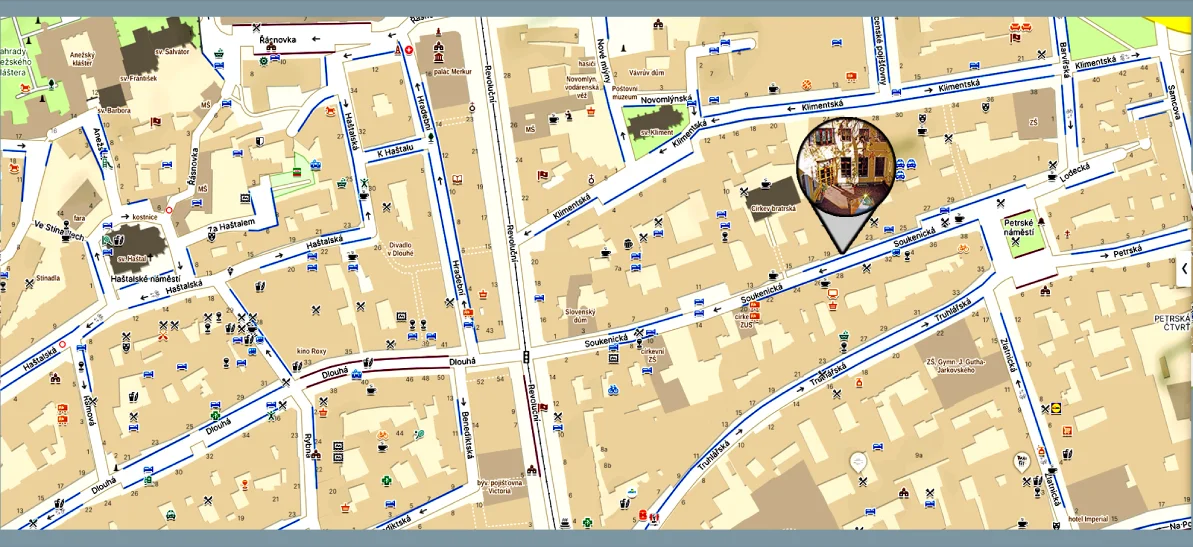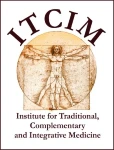
Neil Bindemann, PhD - UK
Abstract of the presentation
How Correcting an Imbalance of Emotional Health Can Rebalance Our Immune System
Branch: Other (Neuro-immunology)
This presentation will review the science and the evidence-based research, to illustrate how the nature of a person's response to emotions can lead to the diagnosis of illnesses such as migraine and fibromyalgia.
Included in this presentation will be:
- Data from a large survey that generated responses from over 650 people, including more than 300 who had experienced at least one significant life event.
- Data from scientific research (some of which is published) that focused on the neuropeptide CGRP, both after nerve injury and in connection with migraine attacks.
- Why and how the neurochemical nature of emotions can lead to untimely triggering of the immune system, causing changes in the body linked to conditions such as migraine and fibromyalgia.
- How rebalancing emotional health can help to rebalance the immune system, enabling a person to return to a balanced health status.
This presentation will review the science and evidence-based research illustrating how the nature of a person's emotional responses can contribute to illnesses such as migraine and fibromyalgia. Included in this presentation will be: Data from a large survey of more than 650 participants, including over 300 individuals who had experienced at least one significant life event; Data from scientific research (some already published) focusing on the neuropeptide CGRP, both in the context of nerve injury and its association with migraine attacks.
The observations derived from these data will be presented to explain why and how the neurochemical nature of emotions can lead to untimely triggering of the immune system, causing changes in the body, linked to the likes of migraine and fibromyalgia, and how by rebalancing emotional health, it can help to rebalance the immune system, for the person to return to balanced health status.
Curriculum vitae
Dr Neil Bindemann trained initially in immunology at the University of Glasgow and then completed a PhD in developmental neurobiology at UCL, in 1993. This year, 2025, marks 10 years of a quite extra-ordinary period in his life when, in 2015, he underwent life-saving neurosurgery for a tumour on the pineal gland in his brain. That was the beginning of a ‘journey’ that lead him along a path, enabling him to see that we are creators of wellness, when it could have been all too easy for him, like many, to think and believe he had become a 'victim of illness’. The tumour, which was found during tests for a suspected neurological condition, had grown to a point that the CSF flow through the brain had blocked and the brain was experience ‘malignant hydrocephalus'. Neil sees that time of the surgery as the moment a 'life reset button' was detonated, and when a flame was ignited deep within. It filled him to with an energy and passion to create more person-centred lifestyle neurosciences services. It is over these 10 years that Neil has listened to 1000s of living and lived experiences, including his father’s, Dr Sidney Bindemann, a pioneer of psychosocial oncology; all of which have contributed to what he terms a 'rewilding process’, for him to feel through 'trauma-informed senses’, creating services and products designed to enable people to rebalance their emotional health. This has included the creation of www.SmartTracker.org.uk - a simple practical tool, developed out of the growing neuroscience research (including that from living experiences) that prevention of many mental and physical health disorders is more likely through encouraging and enabling people to express all emotions.
Please note that some of the texts also include machine-generated translations.





